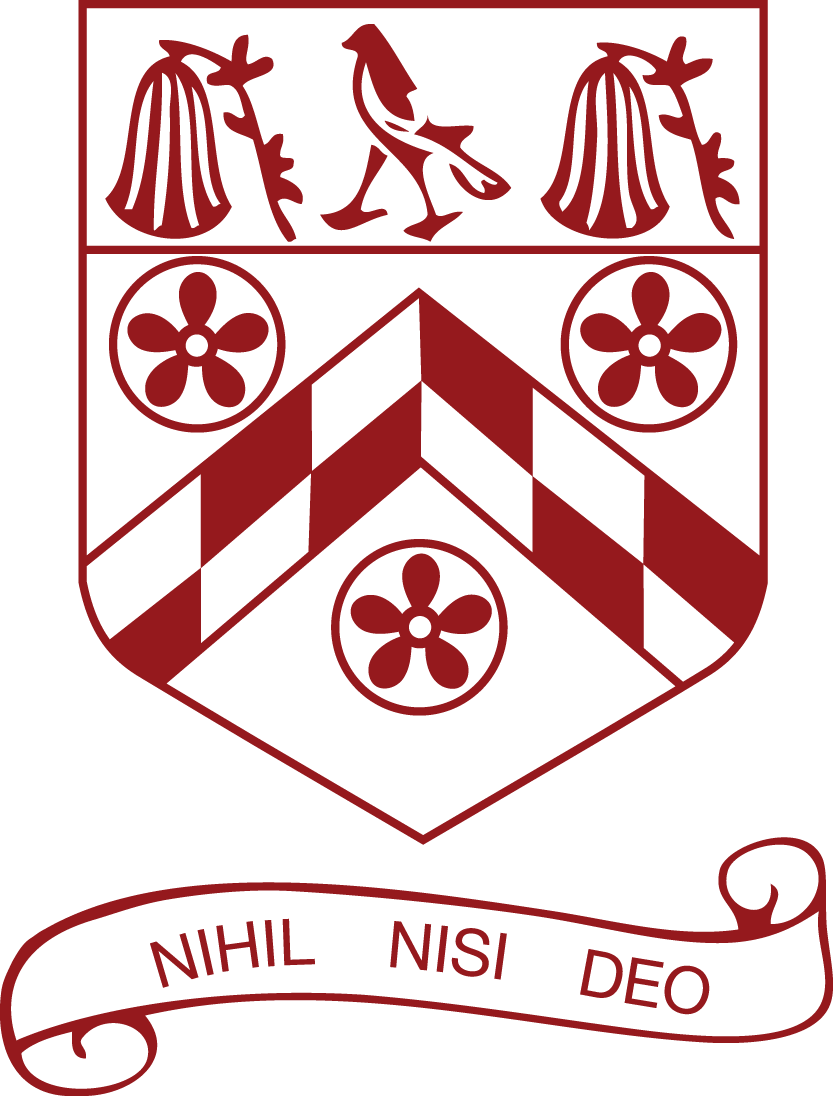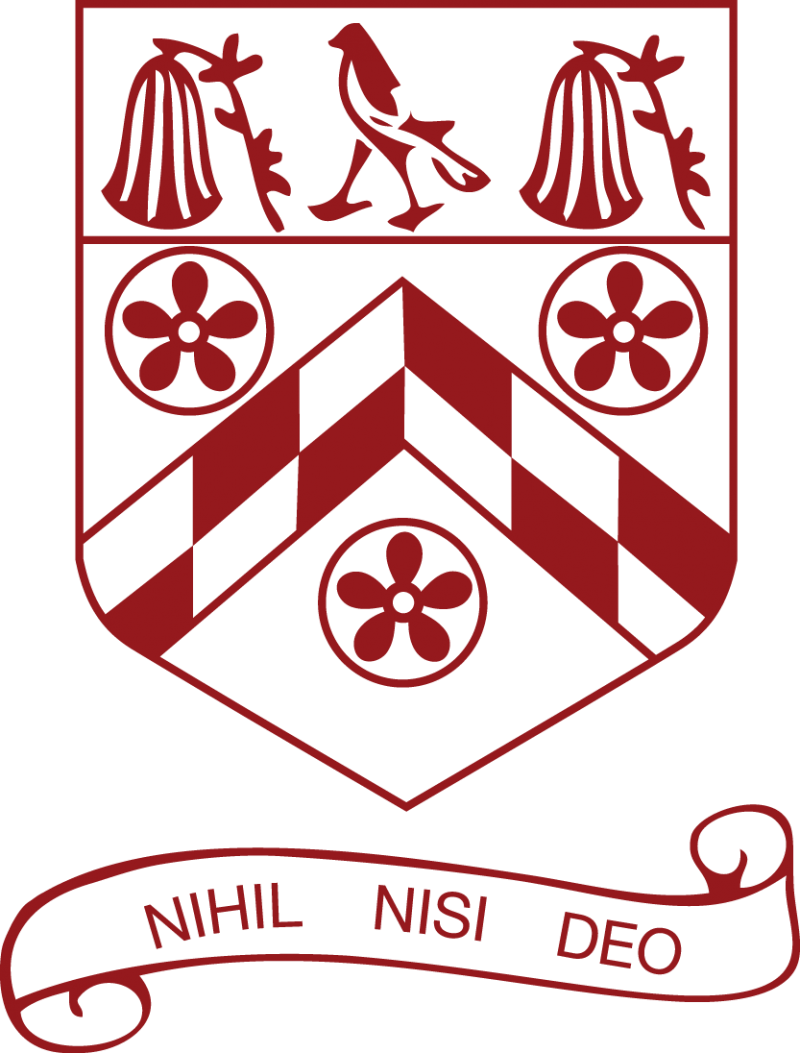Sixth Form
Music
Mathematics is an essential subject enabling us to solve many important and intriguing problems. A high-quality Mathematics education can support students in further study in many disciplines, including Science, Technology, Engineering and Economics. However, Mathematics is also a fascinating and varied subject in its own right.
Mathematics is a popular A Level subject at BHFS and a few of the students choose to study A Level Further Mathematics in addition to A Level Mathematics. We follow the Edexcel A Level Mathematics (2008) syllabus for Mathematics and Further Mathematics.
Mathematics students in Year 12 study two Core Mathematics modules, C1 and C2. Students will also study S1, a Statistics module.
In Year 13, Mathematics students will study two further Core Mathematics modules, C3 and C4 and M1, a Mechanics module. Further Mathematics students in Year 12/13 will study the FP1, FP2, Further Pure modules. also either S2 or M2.
Component 1 - Performing worth 30% (controlled assessment)
The total performance time is of 6 minutes for AS and 8 minutes of A level and can be solo and/or ensemble. The performances and can be recorded at any point throughout the course and frequent performances will be undertaken in preparation for the recorded assessments. The recordings are marked externally and 60 marks are available in this section.
Component 2 - Composing worth 30% (controlled assessment)
Two compositions have to be recorded and submitted to an external examiner. One composition is a free choice brief – minimum length 2 minutes for AS and 4 minutes for A2. The other composition for AS is set by a brief and must be a minimum of 2 minutes in duration whilst for A level a brief assessing composition technique is required with a minimum duration of 1 minute. Together the total minimum should be no less than 4 minutes for AS and 6 minutes for A level. The weighting for both AS and A level is 40 marks and 20 marks respectively.
Component 3 Appraising 40% (Exam)
Appraising is worth 40% and content has been given in terms of musical elements, musical contexts and musical language. Students must study at least two Areas of Study at AS and at least three Areas of Study at A level, one based in Western Classical Music (WCM) composed between 1650 and 1910, and one that is not based in WCM.
There are 6 Areas of Study, two are chosen to study set works from, the options are:
• Music for media • Music for theatre • Music for film • Pop music • Jazz • Contemporary traditional music
Specific pieces from each area are studied and the exam focuses on the pieces studied. A 2 hour written exam with analysis questions from these set works is undertaken and is worth 100. The format is the same for both AS and A2 although different wor
Grade 6 or above is studied GCSE Music or Grade 5 in Associated Board or equivalent practical examination
Students that have studied A level Music have often gone on to study for University degrees in Music, Music technology, Music education, Popular Music or creative/performing Arts courses.

